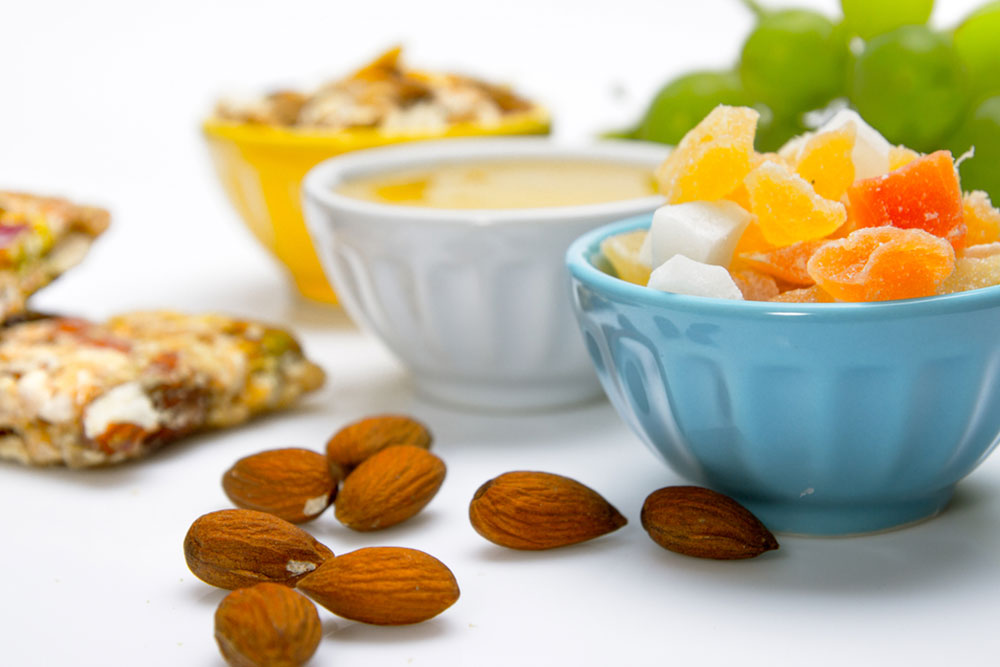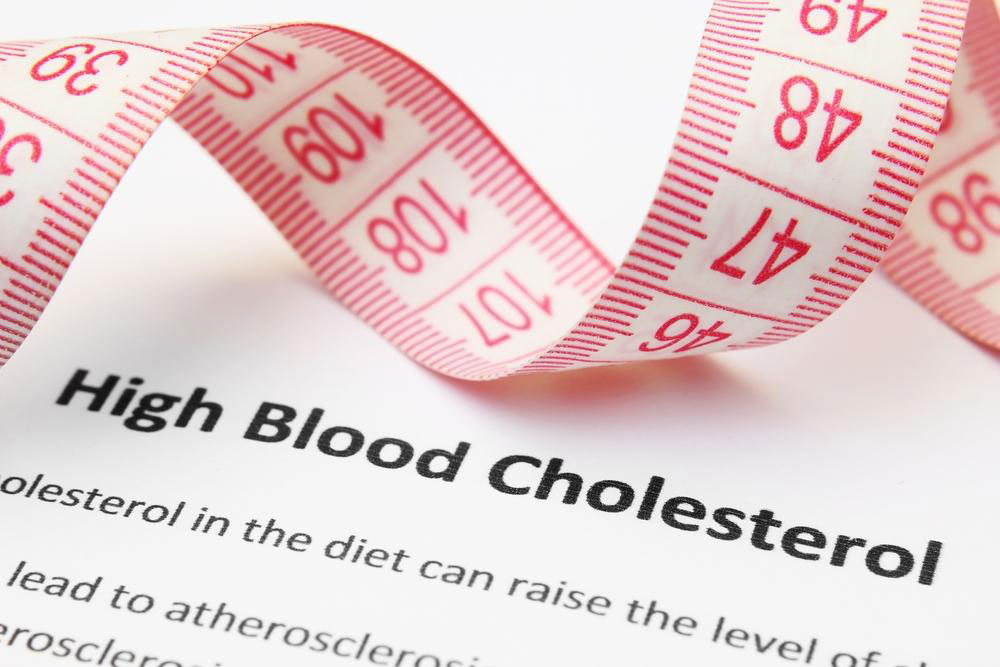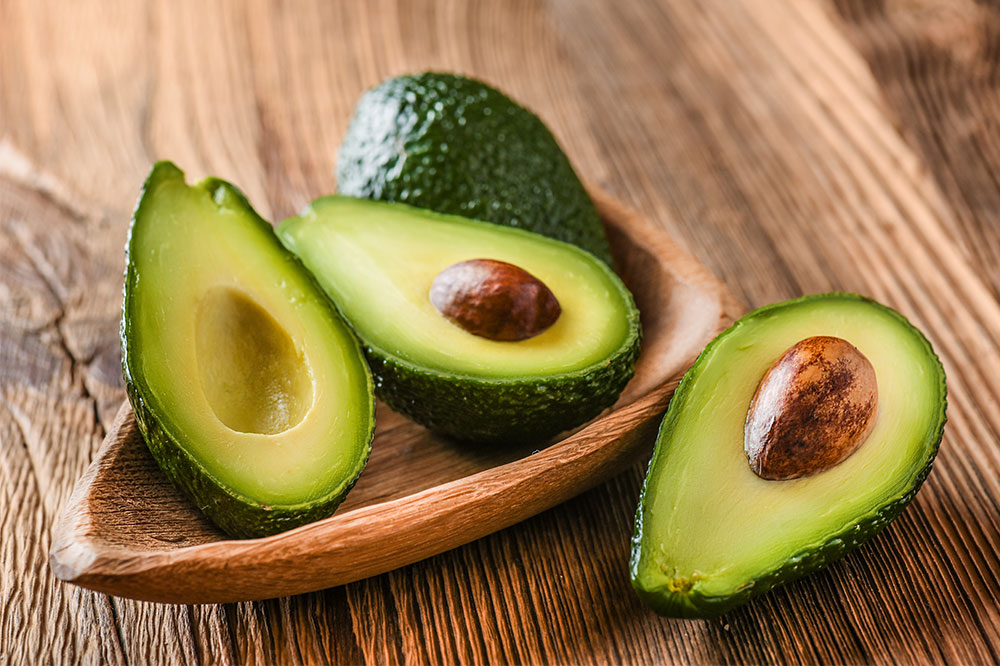Smart Snack Choices for Promoting Heart Health and Lowering Cholesterol
Discover a wide range of heart-healthy snacks that can effectively help manage cholesterol levels. From nuts and fish to vegetables and oatmeal, these tasty, nutritious options are easy to incorporate into your daily diet, supporting cardiovascular health and preventing heart disease. Make smarter snack choices today for a healthier tomorrow.

Smart Snack Choices for Promoting Heart Health and Lowering Cholesterol
Nutritious snacks designed to support healthy cholesterol levels
Maintaining optimal cardiovascular health involves more than just regular exercise and a balanced diet; it also includes making mindful snack choices. Elevated levels of LDL cholesterol, often referred to as 'bad cholesterol,' significantly increase the risk of developing heart-related conditions such as heart attacks, strokes, and blockages in coronary arteries. Fortunately, selecting the right snacks can contribute meaningfully to managing cholesterol, improving overall heart health, and preventing cardiovascular diseases.
Incorporating Heart-Healthy Nuts
Nuts like almonds, cashews, pecans, Brazil nuts, and peanuts offer a powerful combination of healthy fats, fiber, vitamins, and antioxidants. Scientific studies have demonstrated that regular consumption of these nuts, particularly in moderation, can lead to a notable reduction in LDL cholesterol levels. The American Heart Association recommends consuming about a quarter cup of nuts daily as part of a heart-healthy diet. These nutrient-dense snacks not only satisfy hunger but also support vascular health by reducing arterial plaque buildup and lowering blood cholesterol levels. Incorporating a variety of nuts into your daily routine can be both delicious and beneficial.
Air-Popped Popcorn—A Whole Grain Snack
Popcorn, especially when prepared without butter and excessive salt, can be a satisfying and heart-healthy snack. Using olive oil instead of butter significantly boosts its beneficial properties by adding healthy monounsaturated fats. Seasoning with herbs like oregano, thyme, or garlic powder can enhance flavor without compromising health benefits. As a whole grain, popcorn is high in dietary fiber, which helps reduce cholesterol levels by facilitating its excretion from the body. Making popcorn at home with minimal salt and oil ensures it remains a nutritious snack that supports cardiovascular wellness.
Veggies with Light, Nutritious Dips
Colorful vegetables like carrots, cucumbers, bell peppers, and cherry tomatoes are rich in vitamins, minerals, and fiber—all essential for heart health. Pairing these vegetables with healthy, low-fat dips such as hummus or Greek yogurt-based sauces offers a satisfying snack that is low in saturated fats and cholesterol. Using herbs, spices, and a touch of lemon juice can enhance flavor and increase antioxidant intake. Incorporating raw vegetables with nutritious dips is a simple, tasty way to promote better cholesterol management and overall cardiovascular health.
Yogurt and Fruit Combinations with Nuts
Low-fat or Greek yogurt combined with fresh fruits and a handful of nuts provides a balanced mix of probiotics, healthy fats, and fiber. This combination helps improve digestion, reduce LDL cholesterol, and promote a healthy gut microbiome. Fruits like berries, apples, or bananas add natural sweetness and antioxidants, while nuts contribute healthy monounsaturated fats. Such snacks are convenient, satisfying, and effective in supporting heart health when incorporated into a daily diet.
Oatmeal-Based Snacks
Oatmeal is a powerhouse of soluble fiber, known scientifically as beta-glucan, which helps lower blood cholesterol levels by binding to cholesterol molecules and facilitating their removal. Incorporating oatmeal into snacks—such as overnight oats, oatmeal bars, or energy bites—provides a tasty, filling alternative that supports cholesterol management. Oatmeal snacks are versatile, customizable with fruits, nuts, and seeds, and serve as an excellent option for breakfast, an afternoon pick-me-up, or even a pre-dinner nibble.
Incorporating Fatty Fish into Your Diet
Fatty fish such as tuna, sardines, salmon, mackerel, and herring are rich sources of omega-3 fatty acids, which play a crucial role in reducing inflammation, lowering triglycerides, and decreasing LDL cholesterol levels. Consuming fatty fish three to four times a week has been shown to significantly improve heart health and reduce cardiovascular risk. Preparing fish through baking, grilling, or steaming ensures maximum retention of nutrients while avoiding unhealthy fats. Incorporating these healthy, omega-3-rich options into your weekly diet can greatly support heart health and overall cholesterol management.
Legumes—A Heart-Healthy Protein Source
Legumes such as kidney beans, chickpeas, lentils, and black beans are powerhouse sources of dietary fiber, plant-based protein, and essential nutrients. Regularly including cooked beans in your diet helps lower LDL cholesterol levels by replacing less healthy protein sources. A delicious, easy snack could be whole wheat toast topped with mashed or whole beans, seasoned with herbs and spices. Legumes also promote satiety, reduce inflammation, and support vascular health, making them an essential part of a heart-friendly diet. Incorporating a variety of legumes into your meals and snacks can lead to improved cholesterol levels and better overall cardiovascular health.
Each of these snack options is carefully selected to not only please your palate but also to provide essential nutrients that support healthy cholesterol levels. By integrating these choices into your daily routine, you can take meaningful steps toward protecting your heart, enhancing your well-being, and enjoying a vibrant, healthy life. Remember, combining these healthy snacks with regular physical activity, adequate hydration, and consistent medical checkups can optimize your cardiovascular health and help you achieve a balanced, heart-healthy lifestyle.





